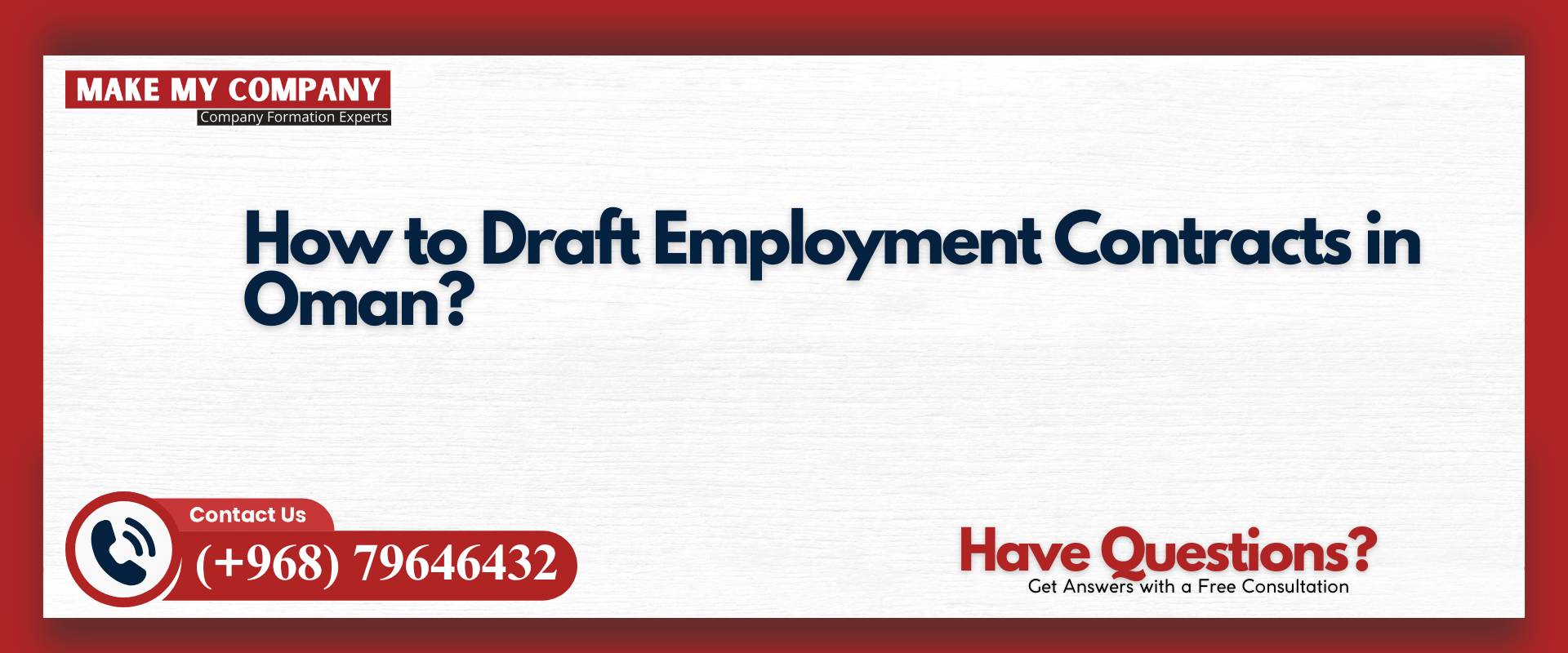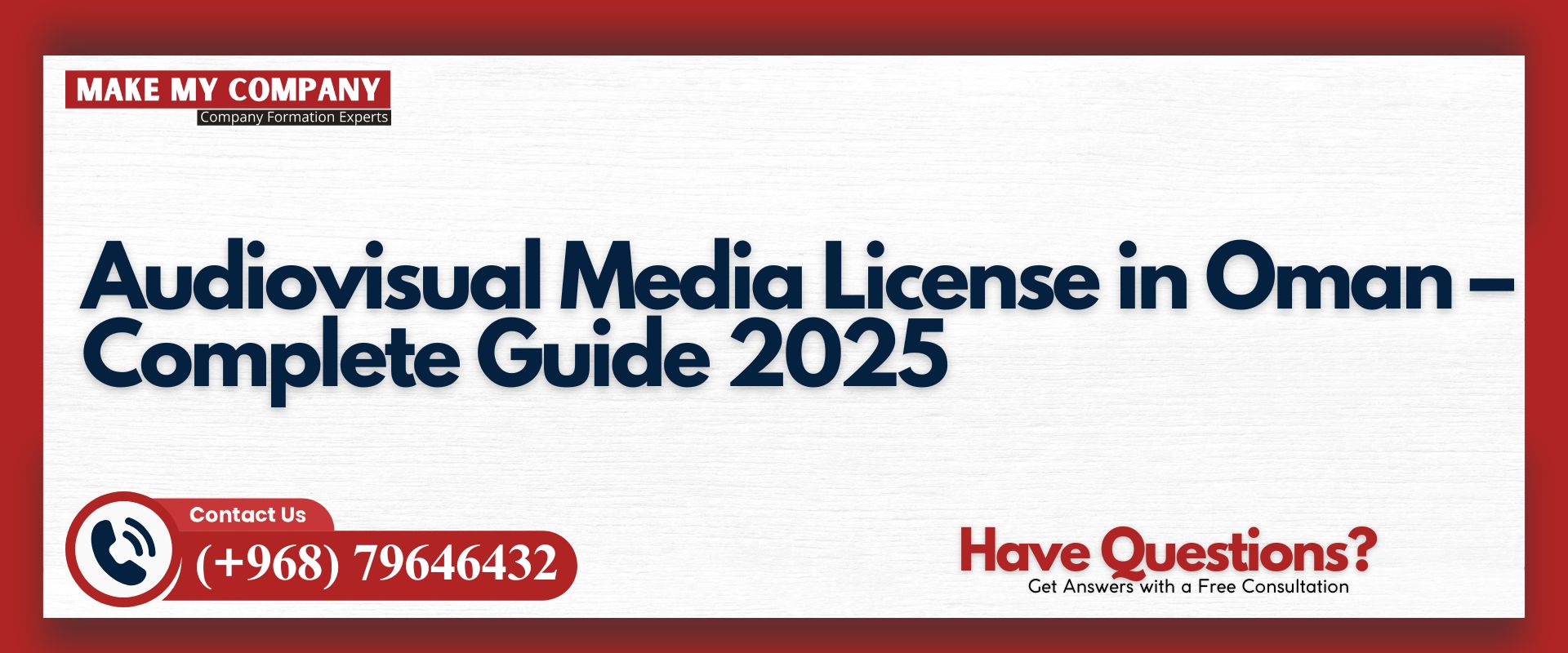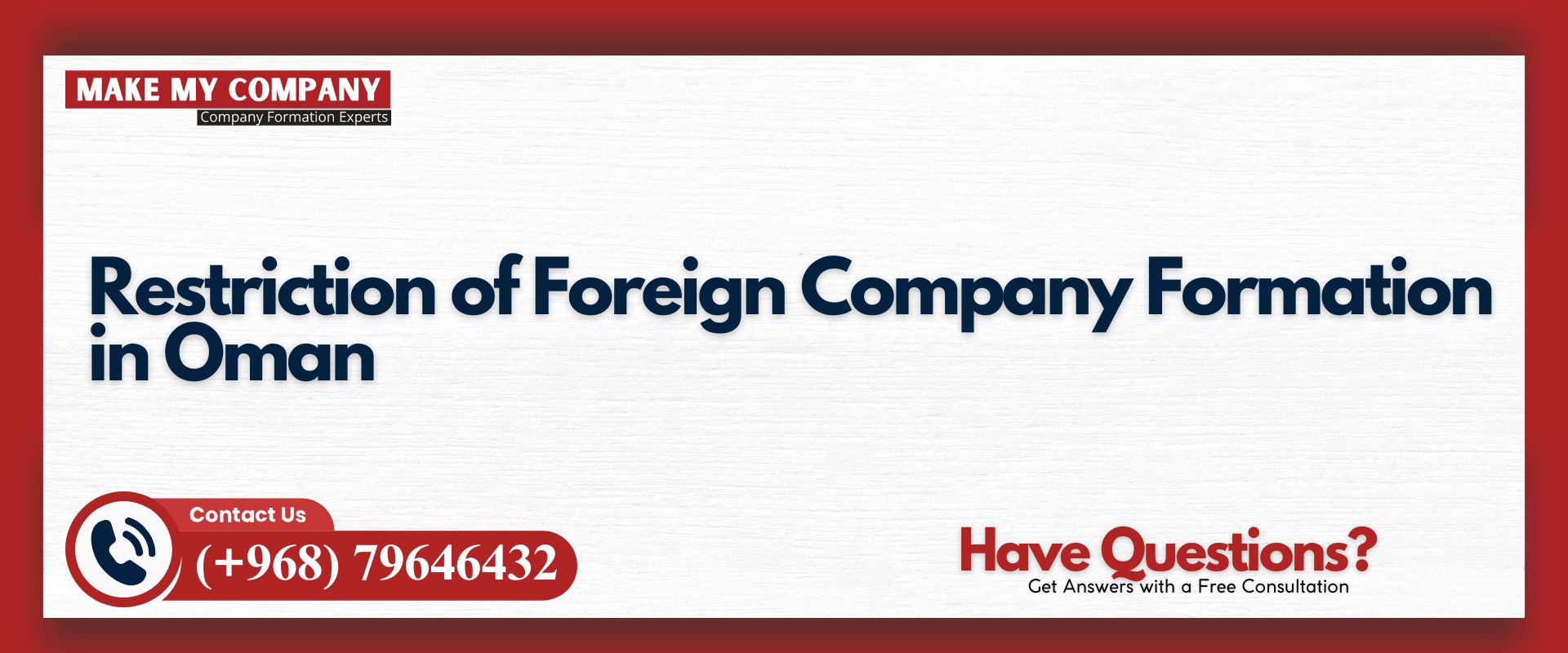When it comes to employment contracts in Oman, the process of drafting an effective and compliant agreement is a crucial task for both employers and employees. The Oman Labor Law, alongside other local business regulations, governs how employment contracts should be structured, ensuring that the rights and obligations of both parties are clearly outlined. Whether you are an employer seeking to hire talent or an employee about to enter into a new agreement, understanding the ins and outs of drafting employment contracts in Oman is essential.
In this guide, we’ll walk you through the process, key legal considerations, and provide practical tips for drafting employment contracts in Oman that align with the country’s legal framework.
The Importance of Employment Contracts in Oman
Employment contracts serve as a formal agreement between employers and employees, setting out the terms and conditions of employment. These contracts not only protect the rights of both parties but also create a structured and legally binding relationship. In Oman, an employment contract is crucial for defining the nature of the job, salary, working hours, and other important factors that could prevent potential disputes.
Key Legal Considerations for Employment Contracts in Oman
Before delving into the specifics of drafting an employment contract in Oman, it’s important to understand the key legal requirements and regulations governing such contracts. Oman’s Labor Law outlines the essential components that must be included in any employment contract. These include:
- Contract Type: The contract must specify whether it is a fixed-term or indefinite-term contract. A fixed-term contract typically lasts for a specific period, while an indefinite-term contract has no defined end date.
- Job Description and Role: Clearly define the job responsibilities, including tasks, duties, and expectations. This ensures clarity for both the employee and the employer.
- Salary and Benefits: The contract should specify the agreed-upon salary, payment method, and other benefits such as medical insurance, housing allowance, and any bonuses.
- Working Hours: The number of working hours and the weekly work schedule must be mentioned in the contract. In Oman, the standard working week is 48 hours, with a maximum of eight hours per day, excluding breaks.
- Leave Entitlements: Specify the number of paid and unpaid leaves the employee is entitled to. This may include annual leave, sick leave, maternity leave, and other statutory leaves.
- Probationary Period: If applicable, the contract may include a probationary period during which either party can terminate the contract with minimal notice.
- Termination Clauses: Both the employer and employee should have a clear understanding of the grounds for termination and the notice period required.
- Dispute Resolution: The contract should outline the process for resolving disputes, including whether mediation or arbitration will be used.
Step-by-Step Guide to Drafting Employment Contracts in Oman
Let’s break down the process of drafting employment contracts in Oman into simple steps to ensure you create a legally sound document.
Begin with Basic Information
Start by including the basic details of both parties. This should include:
- Full name and nationality of the employer
- Full name and nationality of the employee
- Job title and department
- Contract start date and duration (if applicable)
Specify Job Details
The job description must clearly define the employee’s role, primary duties, and responsibilities. Be specific and avoid ambiguity to ensure there are no misunderstandings later.
- Title of the position
- Specific tasks and duties
- Reporting structure and hierarchy
- Expectations for performance
Outline Salary and Benefits
One of the most important aspects of any employment contract in Oman is the compensation package. Specify the agreed-upon salary, payment frequency (monthly or bi-weekly), and any additional benefits, such as:
- Housing allowance
- Transportation allowance
- Annual bonuses
- Health insurance
- End-of-service benefits
Be sure to clearly outline whether any benefits are subject to certain conditions or if they will be adjusted during the term of employment.
Define Working Hours and Leave Entitlements
As per Oman’s labor laws, working hours should not exceed 48 hours per week. The contract should reflect the agreed-upon working hours, overtime rates (if applicable), and leave entitlements. These include:
- Annual leave: The contract must specify the number of paid leave days (at least 30 days annually for full-time employees).
- Sick leave: The contract should mention sick leave policies and how it’s compensated.
- Maternity leave: Women employees are entitled to maternity leave under the law, and this must be clearly stated.
- Public holidays: Specify whether employees will be paid for national holidays.
Discuss Probation Period and Termination Clauses
A probationary period of up to three months can be included in an employment contract in Oman. During this time, both the employee and employer can evaluate the employment relationship. In case of termination, the contract should specify the notice period required from both parties.
- Termination by employer: The contract should outline the grounds under which an employer can terminate the employee’s contract (e.g., poor performance, misconduct).
- Termination by employee: It should also specify the notice period an employee must give when resigning from their role.
Address Confidentiality and Non-compete Agreements
Depending on the nature of the business, employers may include clauses about confidentiality and non-compete agreements. These clauses help protect the company’s intellectual property and prevent employees from joining competitors immediately after leaving.
Include Dispute Resolution Mechanisms
To avoid lengthy legal battles, include a clear dispute resolution process. Many employment contracts in Oman specify that disputes will first be resolved through informal negotiation or mediation. If that fails, the case may proceed to arbitration.
Common Mistakes to Avoid When Drafting Employment Contracts in Oman
While drafting employment contracts in Oman, it’s easy to overlook key elements that could lead to misunderstandings or disputes. Here are some common mistakes to avoid:
- Lack of Clarity: Ensure all job responsibilities, compensation, and terms are clear and precise.
- Non-compliance with Omani Law: Failing to align the contract with Oman’s labor laws could result in fines or legal issues.
- Omitting End-of-Service Benefits: Oman requires employers to provide an end-of-service gratuity to employees, which must be included in the contract.
- Ignoring Local Cultural Norms: While Oman is a modern nation, it’s important to respect local customs and practices when drafting contracts. For example, including the appropriate working hours during Ramadan.
Business Laws in Oman and Their Impact on Employment Contracts
Oman has a strong legal framework to regulate business operations, including employment relationships. The Labor Law provides the foundation for most of the provisions within employment contracts in Oman. Employers and employees must be aware of the following legal requirements:
- End-of-Service Benefits: As mentioned earlier, all employees in Oman are entitled to an end-of-service benefit. Employers are required by law to provide this benefit upon termination of employment, and it must be stated in the contract.
- Omanization: The government of Oman encourages the employment of Omani nationals over expatriates, a policy known as Omanization. This affects both the hiring process and employee contracts, particularly for expatriate workers.
- Visa and Work Permits: Expatriates working in Oman must have a valid work visa and permit, and the employment contract must comply with immigration laws.
- Employment Disputes: Omani law includes specific provisions for resolving disputes between employers and employees. This includes provisions for arbitration and appeals to the Ministry of Manpower.
Conclusion
In conclusion, drafting employment contracts in Oman is an essential task for any employer operating in the country. By ensuring that your contract is clear, legally compliant, and aligns with the regulations in Oman, you can avoid misunderstandings and potential legal issues down the line. As with any legal process, it’s always advisable to seek professional guidance when drafting employment contracts in Oman.
If you are looking for expert assistance in setting up your business or drafting legally sound employment contracts in Oman, Make My Company is here to help. We specialize in business setup services in Oman, ensuring that your business complies with all local laws and regulations. Contact us today to get started.









